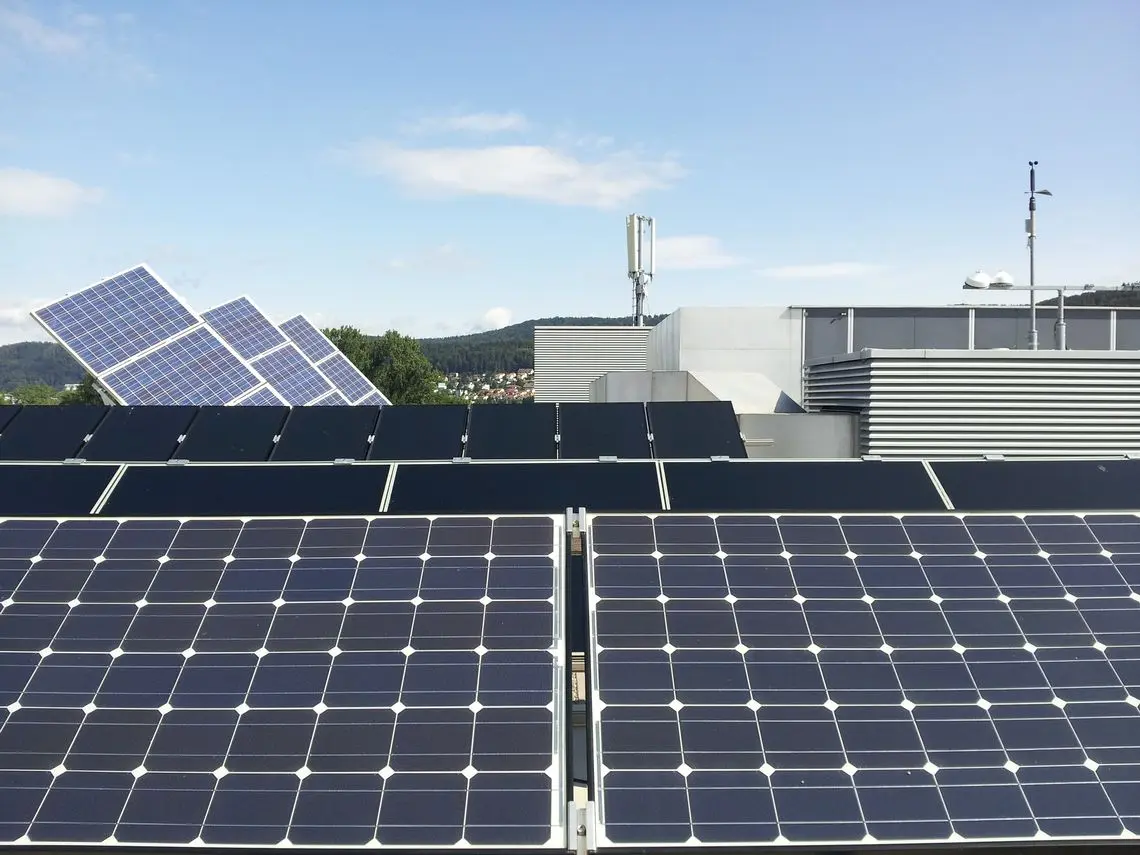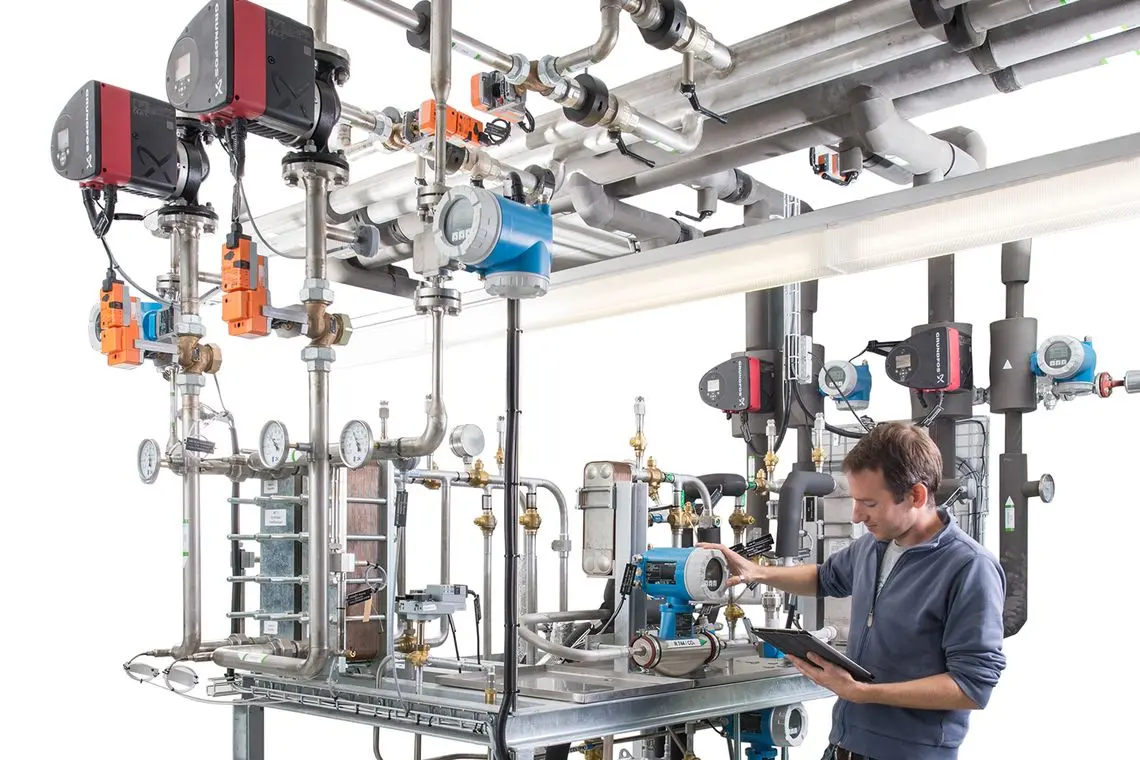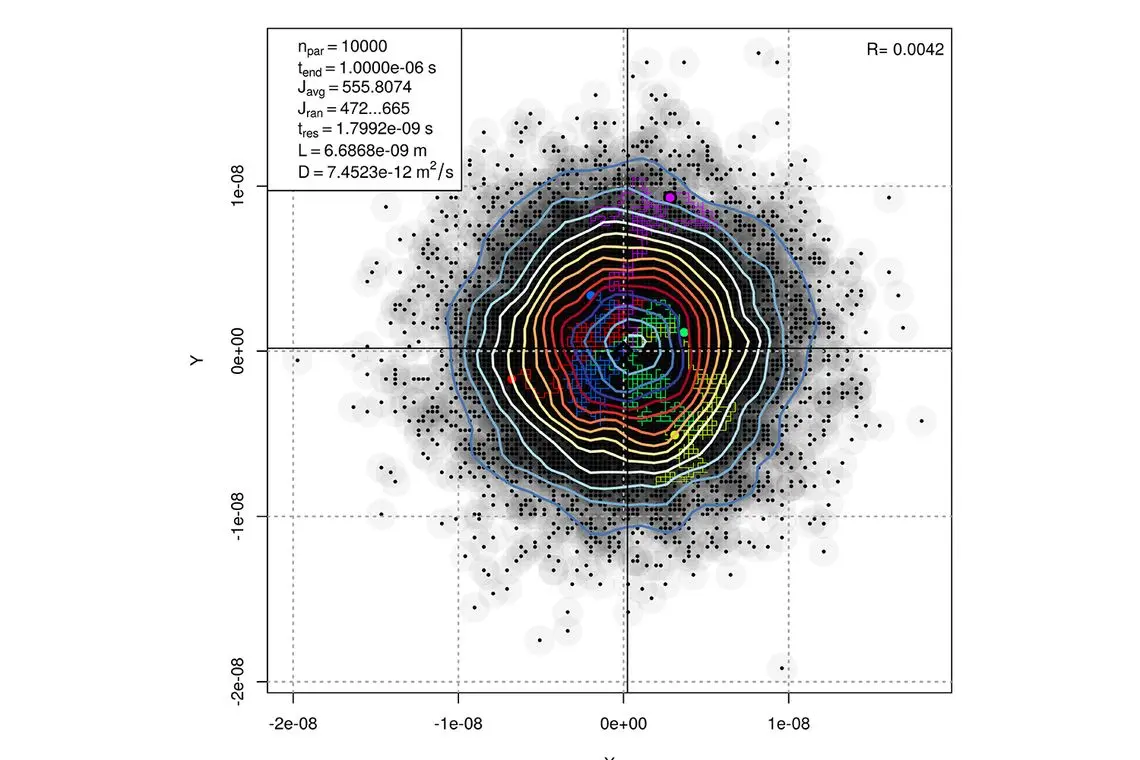MSc degree programme at the Institute of Energy Systems and Fluid Engineering (IEFE)
The Institute of Energy Systems and Fluid Engineering offers MSc degree programmes in Energy and Environment, Electrical Engineering, Mechanical Engineering and Mechatronics and Automation. Focus areas include energy efficiency, renewable energies, energy storage and networks, and CFD.
Energy and Environment
The MSE in Energy and Environment looks at issues relating to traditional and sustainable energy production, storage and conversion, as well as energy distribution and load management. At the Institute of Energy Systems and Fluid Engineering, these topics are dealt with in practical research and development projects in both the electrical and thermal sectors.
Further information on the MSE in Energy and Environment
Electrical Engineering
The MSE in Electrical Engineering deals with electronic systems used for signal processing, power control and process management. At the Institute of Energy Systems and Fluid Engineering, these subjects are addressed in practical projects linked with the Institute’s focus areas.
Mechanical Engineering
The MSE in Mechanical Engineering deals with the development, production, use and optimisation of machinery, materials, devices and products. At the Institute of Energy Systems and Fluid Engineering, these topics are addressed in the electrical and thermal energy sectors, as well as in connection with flow processes.
Mechatronics and Automation
Mechatronic technologies and automation are needed in many industries. The demand for specialists is high. With the MSE in Mechatronics and Automation, you are well prepared for a career in industry.
Further Information on the MSE in Mechatronics and Automation
Modules
In the module browser, you can find the central modules (context modules [CMs], extended fundamental theoretical principles [FTPs] and technical scientific specialisation modules [TSMs]).
The Institute of Energy Systems and Fluid Engineering also offers the following supplementary events (EVA):
Information events and application
Information events
Study Application
Registrations for the autumn semester (starting in September) are possible from the beginning of February until the end of April. For the spring semester of the next year (starting in February) from the beginning of August until the end of October.
MSc theses
Which solar technology provides how much energy?

How can the energy yield of solar panels be planned? Standardised measuring methods only provide inaccurate projections. Thanks to a newly constructed reference system, it has now been possible to create a better planning basis. As part of this MSc thesis, measurements and analyses of several solar technologies were conducted on the system.
Efficient cooling units thanks to mobile measuring

A cooling unit can only be operated in an energy-efficient manner if it is known exactly to what loads it is actually being exposed. The optimisation of such units therefore presents a metrological challenge. The “Mobile Chiller Analyzer” can master this. It was developed at the Institute of Energy Systems and Fluid Engineering as part of this MSc thesis.
Simulation for optimising drying processes

The food industry uses many different dry goods. These are produced by drying raw materials using heat. Depending on the substance, however, the drying process may fail if too much heat is used, as this causes the diffusion coefficient to break down. This MSc thesis examined just how drastic this effect is and how the raw materials can be dried optimally.